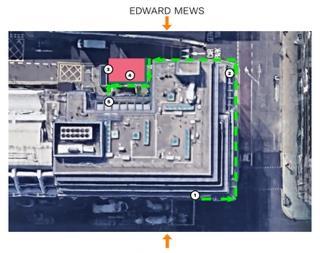The right to buy has secured home ownership for nearly two million people who would not otherwise have been able to achieve it.

The regime, introduced by the Thatcher government in the Housing Acts of the 1980s, has proved so popular that it has depleted local authority housing stock across the country. Having exercised the right to buy, new leasehold homeowners have been presented with unexpected challenges.
The management of local authority-owned blocks is often offloaded to PFI companies or arms-length management organisations that agree to discharge the authority’s repairing obligations. This can cause problems for private owners. Leasehold covenants will often require the local authority, in exchange for an annual service charge incurred by the private owners, to maintain the exterior of the block in good decorative order with a cyclical maintenance programme, including painting every five years. Leases will usually require authorities to landscape any communal garden areas and maintain the common parts of the building in good decorative order.
The experience of many private owners is that local authorities fail to uphold their end of the bargain: communal areas become dilapidated and the exterior of their blocks suffer from poor maintenance. This causes problems when a private owner wants to sell their property or rent it out. Many private owners are unwilling to use their legal rights to solve the situation and, thus, suffer in silence. Covenants within leases are enforceable, and private owners should not shy away from highlighting that they have paid their service charges and expect local authorities to fulfil their obligations under the lease.
If carefully drafted correspondence referring to the relevant leasehold covenants gets you nowhere, then you should not hesitate to draft a letter spelling out any alleged breaches under the lease and any losses incurred. This will often secure prompt compliance. If not, obtaining legal advice followed by a swift county court claim seeking an injunction, damages and/or specific performance will normally do the trick for leaseholders.
Ryan Kohli is a barrister at Cornerstone Barristers






























No comments yet